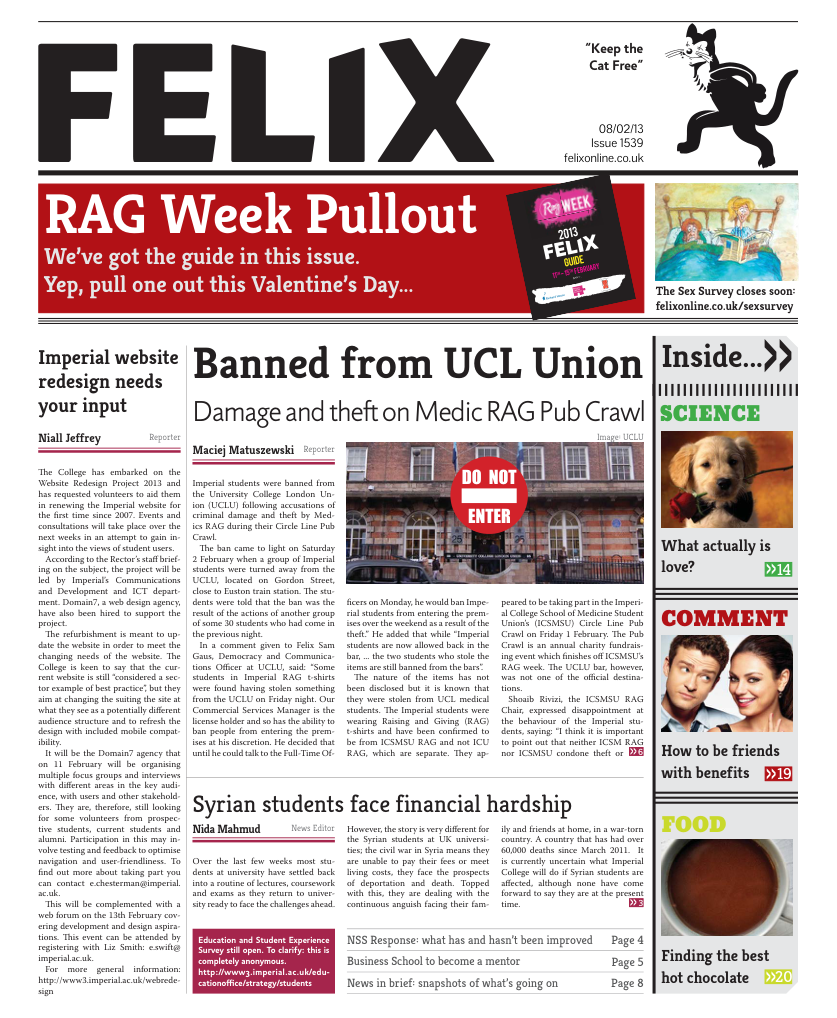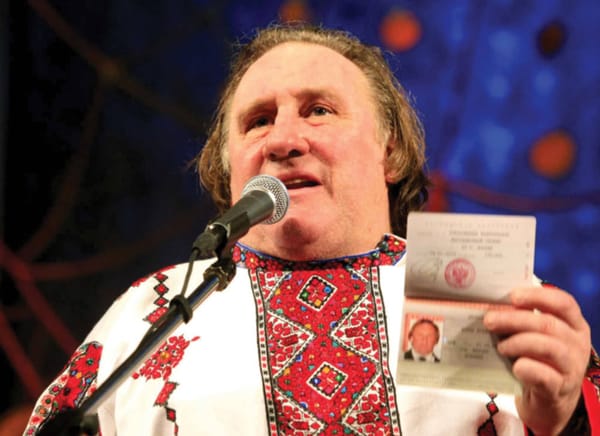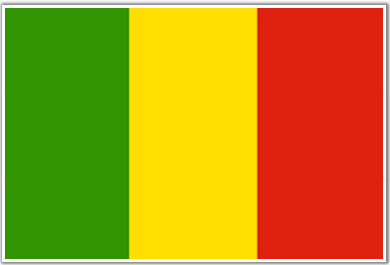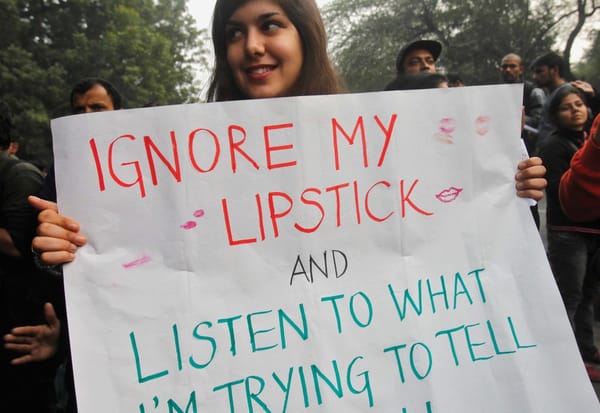The legacy of the Arab Spring
As France pursues its intervention in Mali, Alexander Soloviev looks into Middle Eastern affairs.
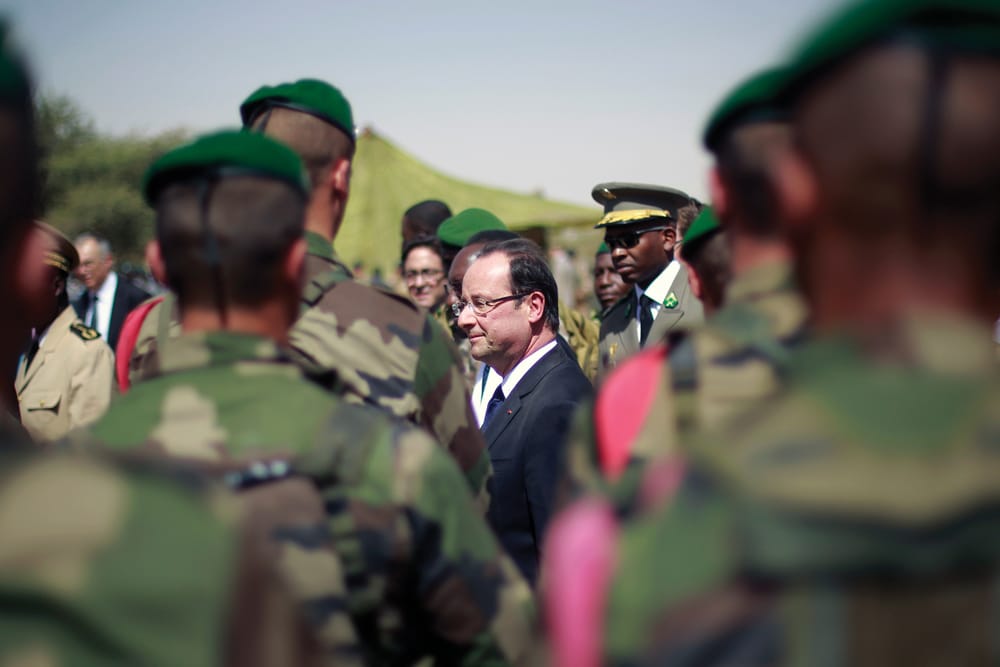
It has been just over two years since a street vendor in Tunisia set himself on fire. His act of protest against the country’s oppressive and corrupt regime was not extinguished: the protest resonated with citizens across the Arab world, engulfing the region in political demonstrations, revolutions and even civil war.
A lot can change in twoyears.
Syria is embroiled in a civil war, which is already being viewed by some as a proxy war between regional and global powers. Al-Assad, Syria’s embattled ruler, is supported diplomatically by Russia, as well as by Iranian arms. The rebels enjoy recognition from many global powers, such as the US, Britain and France, as well as alleged military aid from the Gulf States.
In the meantime the death toll runs at about 60,000.
But Syria’s importance does not lie in the compounding humanitarian catastrophe. Rather, the war-torn nation can be viewed as part of a greater regional struggle, between the rising star of Iran and the Gulf States. Iraq similarly proved to be a staging ground between the two power blocs.
This comes at an unsettling time: the Iranian military is one of the largest and strongest in the region and the unresolved issue of its nuclear ambition hangs in the air. The Gulf States, on the other hand, have been spending billions on modernising their military force. Open conflict between these regional players would be devastating. But the equal military strength of both powers’ blocs could go a long way to stabilizing the region. Syria will certainly be the bellwether for this struggle.
In the other corner of the Arab world, another conflict is blazing. Mali’s breakaway region of Azawad could potentially become a safe haven for terrorists. Needless to say, this would further destabilise a precarious region, where random acts of violence are already too common. Last week, a gas plant was attacked by Al Qaeda-affiliated Islamists in northern Algeria, leading to the deaths of 37 foreigners. The international community has been quick to respond to the crisis, sending troops, military hardware and intelligence to Mali from all over the world. The operation so far has been a success, with a joint French and African force pushing deep into Azawad, taking over the last rebel stronghold in Kidal.
But recapturing lost territory will not solve Mali’s problem. Libya is the key factor in the equation. When Muammar Gaddafi was toppled in the early days of the Arab Spring, the country stabilised enough to hold democratic elections. While these proved largely peaceful and legitimate, the nation still has yet to deal with the armed militias that control swathes of land. Also of concern are the largely uncontrolled borders of Libya. When Islamists declared sharia law in Azawad, militants and arms flowed almost unimpeded from Libya. As such, secured borders will prove to be an asset to stabilising the region.
The Arab Spring hasn’t all been about war. Dictators weren’t the only ones that suddenly went up in smoke. Stagnant governments and bureaucracies soon felt the heat. The people demanded more rights, more transparency and more democratic institutions. And while political changes have been taking place from Morocco to Oman, Egypt has proven to be of particular interest.
The most populous nation of the Arab world, Egypt has been plagued with problems following the overthrow of Hosni Mubarak. Morsi, the current President, managed to wrestle control from the armed forces, preventing the formation of a military dictatorship that seemed inevitable. Egypt is not through the woods yet, however: alongside economic woes, a bill that effectively gives Morsi unchecked power has been the subject of current unrest. It seems that Egypt still has a difficult path to political freedom and stability.
The Arab Spring has been a mixed blessing. War and freedom blossomed in the wake of dictators. Political leaps forward have been just as common asa rising death toll. But no matter the consequences one thing remains clear: the Arab world has woken up.

